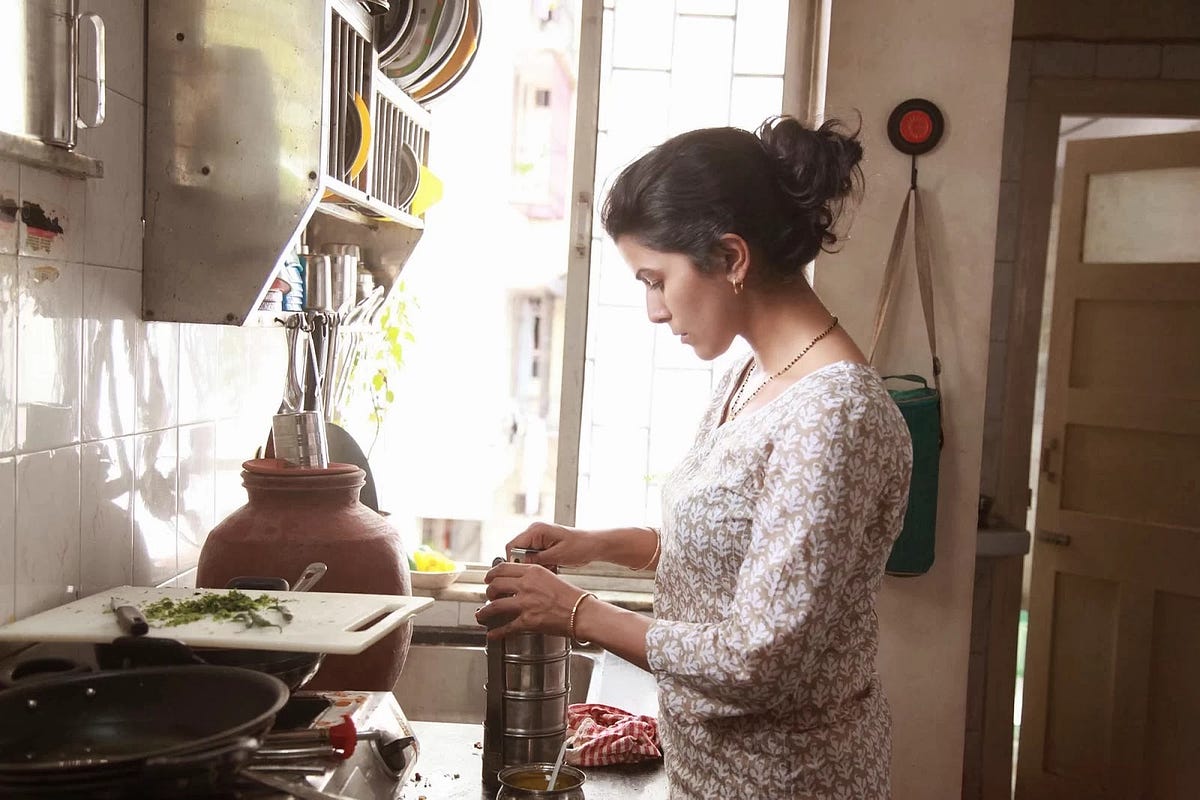"Dream, Dream, Dream! Conduct these dreams into thoughts, and then transform them into action."
- Dr. A. P. J. Abdul Kalam
"Dream, Dream, Dream! Conduct these dreams into thoughts, and then transform them into action."
- Dr. A. P. J. Abdul Kalam
21 Mar 2024
Do housewives not get caught up in the protein craze? Let's dispel the idea that protein is just utilized by sportsmen and bodybuilders. The most difficult job of all is being a busy homemaker who must balance taking care of the family, doing duties around the house, and handling never-ending responsibilities. Does her protein intake need to be a concern in the middle of all this chaos? Of course! If your body were an efficient machine, protein would be the necessary fuel that keeps it in good working order. However, what is protein precisely, and why is it so important for women, particularly homemakers or female counterparts?

( Source: Google Images)
What Role Does Protein Play in Our Diet?
The building block of life, protein is needed for immune system support, muscular growth, and tissue repair. It is essential for the synthesis of hormones, the activity of enzymes, and the preservation of strong nails, hair, and skin. Our bodies find it difficult to carry out essential tasks when we don't consume enough protein, which can result in weakness, exhaustion, and ill health.
How much protein is the recommended daily allowance (RDA)?
Depending on variables including age, weight, exercise level, and gender, there are different RDAs for protein. The daily recommended consumption for adult females is around 46 grams. However, depending on personal requirements and lifestyle choices, this could change. Due to their frequent physical labor, housewives may need a somewhat greater protein intake to maintain their busy lives.

( Source: Google Images)
What Role Does Protein Play in the Life of a Homemaker?
Being the backbone of the household, homemakers put in a lot of physical labor, multitask and are always on their feet. The energy and endurance required to perform everyday tasks, move large things, and preserve general vigor are provided by protein. It facilitates the healing and restoration of muscles, enabling homemakers to manage their hectic schedules without experiencing exhaustion or exhaustion. The following explains why protein is crucial to their general health and well-being:

( Source: Google Images)
What Happens If There Is Not Enough Protein?
A lack of protein can show up as several symptoms, such as weakened muscles, exhaustion, hair loss, and weakened immunity. A diet low in protein can impede the healing of wounds, raise the risk of infection, and negatively impact general health and well-being. A protein shortage may affect a homemaker's capacity to manage domestic chores, which might lower their output and quality of life.

( Source: Google Images)
How Much Protein Is Excess?
The body typically uses protein to produce and repair bones, muscles, and organs. On the other hand, if too much protein is ingested, it may begin to be stored as fat and result in obesity. A diet heavy in protein and low in carbs typically has low fiber content, which can cause constipation. Diarrhea can result from consuming a lot of protein in the form of meat, fish, and fowl. Urine is the body's way of eliminating excess nitrogen, which can cause dehydration even if you do not feel as thirsty as normal. Thus, pick your protein carefully, taking into account what your body needs. Always get advice from a licensed nutritionist before determining your body's protein needs.
Those with pre-existing renal illness may be impacted by a high-protein diet. This is so because the kidneys' primary job is to remove excess nitrogen from the body, which is a waste product of the metabolism of proteins. Kidney injury can result from the pressure placed on the kidneys to discharge waste when they are not functioning properly. Heart disease can also result from consuming a lot of red meat because it has a high protein content and is also high in cholesterol. Red meat is typically fried before consumption, which raises bad cholesterol, fat content, and carbs and increases the risk of heart disease. Additionally, red meat has harmful bacteria that change the microorganisms in the stomach, causing blood toxicity and worsening heart health.
Protein frequently gets neglected on homemakers' plates in the daily shuffle. For the sake of homemakers' general health and well-being, it is imperative to dispel the misconception that they don't require protein. Homemakers may fuel their bodies for best performance by making protein-rich meals like lean meats, poultry, fish, eggs, dairy products, legumes, nuts, and seeds a priority. Thus, let us celebrate the unsung heroes of our homes and make sure they receive the necessary amount of protein for optimal health!